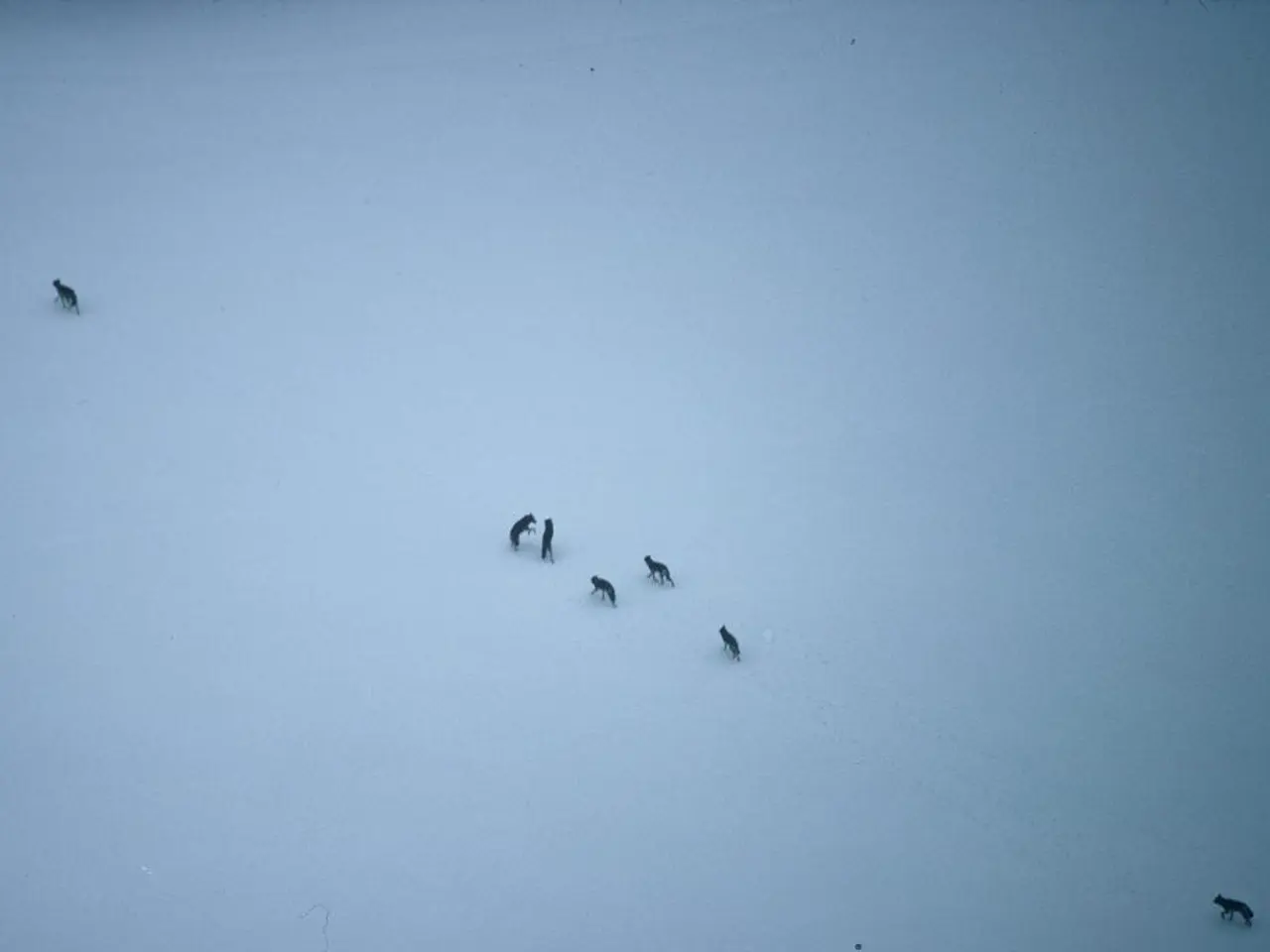Switzerland's Wolf Cull Plan Sparks International Outcry
Switzerland, a signatory of the Bern Convention, faces international criticism for its wolf policy. The canton of Graubünden has requested large-scale wolf culling, including killing cubs, despite the animal's protected status and falling attack numbers.
The Bern Convention, to which Switzerland belongs, lists wolves as protected and prohibits intentional killing, except in rare cases. However, Switzerland, particularly the canton of Graubünden, has been repeatedly criticized for its wolf policy. The canton plans to decimate the wolf population, with two-thirds of young wolves set to be killed without the Bern Convention's consent.
Graubünden's intentions are not driven by specific problems or damage, but rather an ideological desire to benefit pastoral farming. The canton has requested the culling of wolf packs that currently exist only in speculation, to reduce administrative burden. This is despite the number of wolf attacks falling dramatically by the end of September 2024 due to improved livestock protection measures.
The canton's plans include shooting young wolves to manage the population, with requests approved despite some uncertainty about exact pack compositions. The IG Wild beim Wild has accused the authorities of stoking fears among the population and flouting the will of the people. The term 'basic regulation' used by the canton is neither defined nor mentioned in the Hunting Act or Hunting Ordinance.
The canton of Graubünden's large-scale wolf culling plans, including the killing of cubs, contravene international conventions and have been criticized for ideological reasons. Despite falling attack numbers and improved livestock protection, the canton persists in its plans, raising concerns about the future of wolf populations in Switzerland.
Read also:
- Reminisced University Trustee David M. Flaum as a 'fervent advocate' for the University and community
- Catastrophic wildfire smoke is projected to claim numerous lives by the year 2050, predicts new study
- Transition to clean vehicles facilitated by Pannier-Runacher, Létard, and Vautrin through tangible actions spearheaded by a new ministry
- Midwest Braces for Climate Change Impacts, from Shorter Winters to Job Shifts








